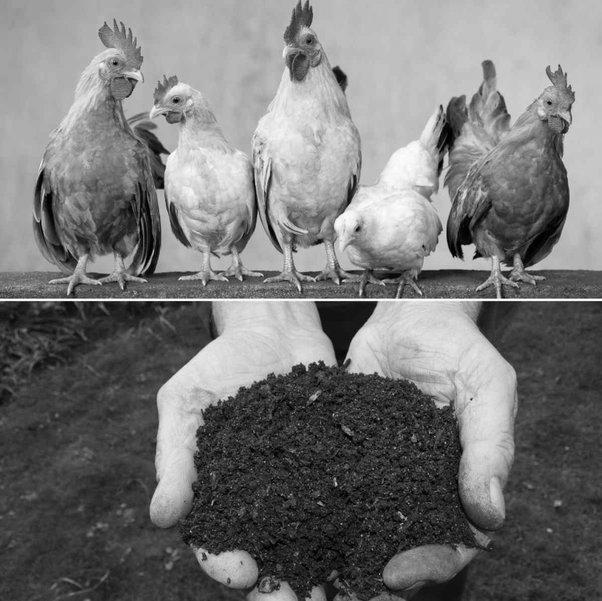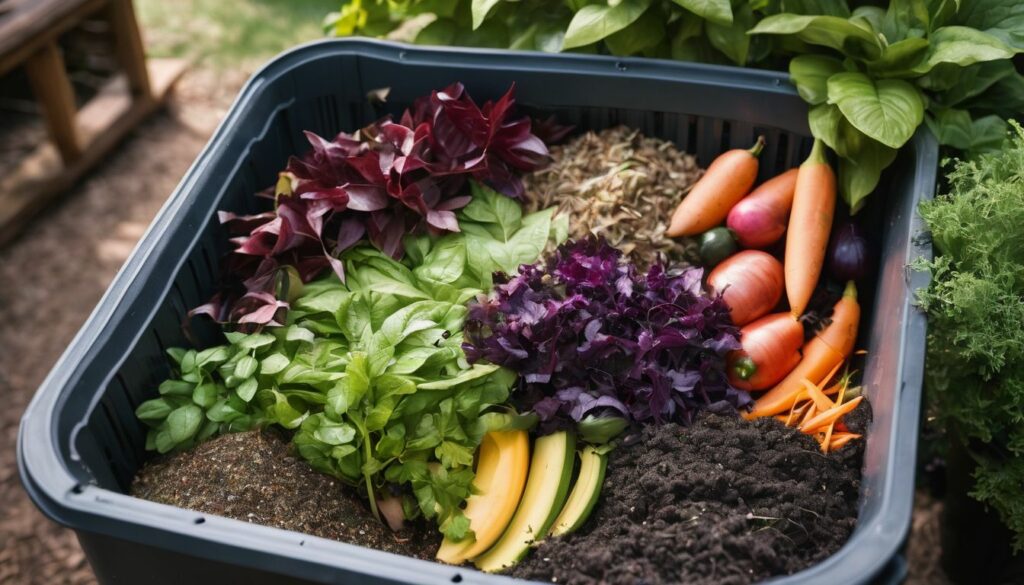One hen produces around 130 pounds of manure each year, and a thousand hens will produce about 65 tons of manure! The manure of a chicken is composed of about 30% water and contains 0.5% to 0.9% nitrogen, phosphorus, and potassium. Chickens produce approximately eight to eleven pounds of manure a month, and this manure can be used as a natural plant fertilizer.
Composting chicken manure reduces pathogens
If you have a garden, composting chicken manure can be a great addition to your soil. The process is quick and involves turning and mixing the pile periodically. You must keep the pile moist to promote microbial activity. Once the pile reaches a temperature of 130F or more, the pathogens are destroyed. You can use the compost tea as a water-based foliar spray for your plants.
The results showed that the use of sawdust significantly reduced the number of ammonia-oxidizing bacteria, uricase and urease producers, and nitrite oxidizers. Sawdust was also effective in preserving the organic matter in poultry manure compost. In addition, sawdust improved the biochemical and microbiological profile. The process can also reduce the ammonia:nitrate ratio.
Biochemical analysis revealed that the presence of ammonia inhibits the growth of P. cinnamomi in compost. Ammonia is directly toxic to the fungus. This leaching and volatilization of ammonia during composting encourages the growth of saprophytes that utilize sugars. Moreover, the composting process allows the beneficial microbes to exploit sugars in the compost, making it an excellent source of organic matter for gardens.
Backyard composting of chicken manure has many benefits. It stabilizes nutrients, lowers the levels of salts, and reduces the number of harmful pathogens that cause disease in humans. Composting chicken manure will not only make the soil healthier but also reduces the frequency of coop cleaning and lessens the amount of work needed to maintain a healthy environment. You can also compost in-place in your chicken coop.
If you’re thinking about composting chicken manure, you should know that it contains a lot of organic material. Among these is chicken manure, sawdust, straw, and shavings. All these organic materials age well, making them useful for gardeners and homeowners. In addition to chicken manure, composting also helps reduce pathogens in plants and other materials. With the proper care and handling, chicken manure can reduce the risk of disease in humans and animals.
Composting chicken manure increases soil water infiltration rates
Soil inffiltration rates are determined by examining the physical properties of different soils. Chicken manure has beneficial effects on the soil by improving the structure and organic matter content. This study demonstrates the benefits of composting chicken manure in alfisol. Although the study was conducted in the tropics, the results are applicable to any soil type. For example, in a tropical alfisol, poultry manure can increase SOM.
In a study of poultry manure, scientists found that poultry manure increased soil CIR and SOM. The increase in SOM was seen in yams, okra, and tomatoes. The researchers concluded that these soils were better able to absorb water, improve moisture availability, and increase crop yield. It was also found that poultry manure has an effect on soil water infiltration rates and nutrient availability.
There are several other reasons to compost poultry manure. Using this organic material increases the organic content of the soil, which in turn improves the infiltration rates. In addition, poultry manure acts as a soil conditioner that allows water to move through the soil profile. This is one of the most important benefits of using chicken manure as a soil amendment. But, if you are not sure about the benefits of chicken manure, read this article and see for yourself.
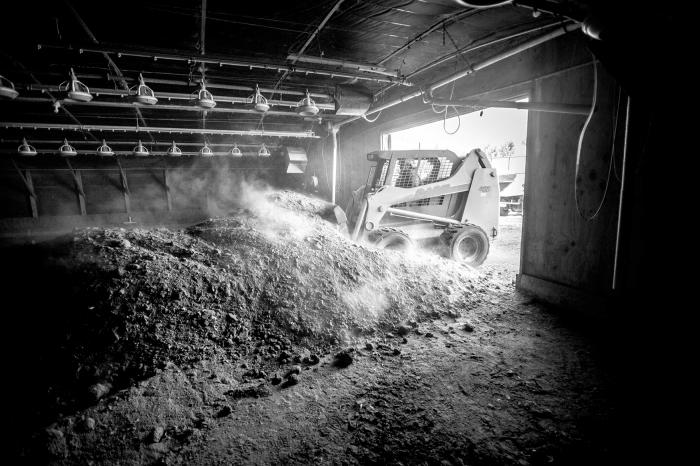
Composting poultry manure is an ecologically sound method to reduce the amount of toxic chemicals in the soil. In fact, composted manure is more stable than fresh litter. Besides improving soil water infiltration rates, composted manure is an excellent soil conditioner and helps reduce nitrate leaching. These benefits should make composting chicken manure an excellent option for agricultural soil management.
In addition to providing a beneficial soil amendment, composting poultry manure also helps protect the surface and ground waters of the environment. This method helps to eliminate nuisance odours and protect the ground and surface water from pollutants. This method has many benefits for soil health. Soil water infiltration rates can increase by as much as 30%. If you want to compost chicken manure, follow these tips.
This long-term study provides guidance on composting chicken manure for sustainable poultry management. The findings are valuable for farm-level decision-makers and watershed coordinators implementing nutrient reduction strategies. There are many benefits of composting chicken manure for agricultural and urban purposes. The benefits of composting chicken manure are enormous. The research is important for all agricultural practices. The chicken manure can be applied to any type of land, including urban and suburban areas.
Composting chicken manure provides nutrients
You can add composted chicken manure to your garden to improve the health of your plants. The feces of chickens are rich in nutrients and are highly palatable for most plants. Fresh uncomposted chicken manure can burn most plants due to its high nitrogen content. Composted chicken manure is a great organic fertilizer and can be applied as a topdressing in spring.
Besides providing nutrients for your plants, chicken manure can also act as a great source of organic carbon. Organic carbon is essential for plant growth and soil quality. Composting chicken manure reduces the ammonia content and odor in the manure. Furthermore, it kills weed seeds and bacteria, resulting in a more stable, naturally slow-release fertilizer. You can also use the bedding of chickens to compost your manure.
Before direct application to soil, chicken manure should be characterised. Its chemical and phytotoxic properties should be tested. However, if the manure is found to be prone to phytotoxicity, it should be composted. Composting, vermicomposting, and vermicomposting are all effective methods to improve the nutrient content of chicken manure. This process is recommended for perennial Brassica family plants like broccoli and cabbage.
Chicken manure can be composted using the hot or cold process. Hot composting can take as little as five to six weeks. If you prefer, you can also use the cold composted chicken manure. It requires less maintenance and takes up to 12 months. Regardless of how you choose to compost your chicken manure, the nutrients it provides will benefit your plants and your garden. The results will be worth the effort.
Chicken litter is a rich source of nitrogen and phosphorus. Researchers hope to use it as a sustainable source of this nutrient. In addition to composting, environmental engineers are developing regulations to improve water quality in nearby Chesapeake Bay. They are currently developing technologies to turn the nutrient-rich chicken manure into products. It may be possible to see a commercial system at a Maryland farm by the end of next year.
Broiler manure comes out of barns as partially composted material. This partially composted product contains 10-15% nitrogen in ammonium form. To complete composting broiler manure, producers must add additional oxygen and water. They need to do this until microbial activity ceases. Once composted, the manure can be used as bedding. The compost is highly desirable for horticulture purposes as it can be used on gardens.
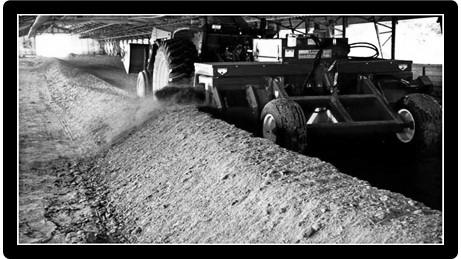
Fresh and dehydrated chicken manure contain a high concentration of inorganic nutrients. Inorganic nitrogen, however, is not as high, but the nutrient levels are the same. Inorganic nitrogen is more readily available in composted manure, while organic nitrogen is largely absent. Organic manure is a better choice. Moreover, organic chicken manure is free from antibiotics. However, chicken manure may contain weed seeds.
You might wonder if rats can harm chickens. They are opportunistic predators. They eat eggs, young birds, and burrow underneath fences. Here are some ways to get rid of rats without harming your chickens. Read this article to learn more about how rats affect your flock. Then you can decide whether to protect your chickens or remove them. This article will explain why rats are a bad idea and how to get rid of them.
Rats are opportunistic predators
Rats are not only opportunistic predators that eat human food, but they are also known to feed on chicken eggs. The drop-down droppings of a rat resemble brown rice. If you are not careful, you may find rat footprints on your property. These rodents can injure your chickens and will destroy the eggs and hatchlings in your coop.
In urban areas, rats are not bothered by harvest time. They congregate around places with ample food, water, and cover. Their size allows them to jump up to three feet (1 meter) vertically and leap over four feet. If you notice gnawed corners or holes, rats are likely in your coop. So how can you protect your chickens from rats? Here are some tips.
First of all, make sure your coop is rat-proof. Rats can chew through chicken wire, wood, cinder blocks, and plastic. To discourage rats, use a metal container with a tight-fitting lid. This will keep rats from entering your chicken coop. Secondly, you can keep rats away from your coop by removing their favorite food sources.
They eat eggs
The easiest way to prevent rats from wreaking havoc in your chicken coop is to stop scattering your feed scraps in their coop. Chicken feed scraps should be scattered in your chicken run between 10 am and 2 pm, and before sunset. Rats are drawn to the smell of chicken feed, and will attack a young chick or adult hen if they detect it. In addition to destroying the chicken’s health, rats will also cause additional damage to your coop.
Rats are omnivores, which means that they will eat eggs and chicks. They are nocturnal and can jump up to fifty feet and land on a flat surface without getting hurt. These creatures are incredibly intelligent, and will gnaw through anything to reach the food in your chicken coop. If they are able to get into your coop, they will devour the chicken feed. If you do not treat rat infestations immediately, you may be forced to eat your chickens’ eggs and chicks.
They attack young birds
Rats are particularly fond of attacking young chickens and babies, and their natural instinct is to latch onto the neck. Their long, powerful teeth can penetrate chicken wire and wooden barriers. Rats can also chew through other types of food, including eggs, and will often attack the adult poultry to get them. Chicks are easy prey for rats, and they will bite them until they become immobile. Then, other rats will finish them off. Sadly, chickens are not the only casualties of rat attacks.
In addition to eating baby chickens and eggs, rats will also feed on the carcasses of older chickens. These attacks usually occur at night, and rats may wait until the chickens are sleeping to steal the leftovers. Young chickens rarely leave food lying around, so the rats can easily find it. Rats can cause damage to the chickens, as well as stress and disease. So, if you have a coop with chickens, it is important to make sure that you’ve taken the necessary precautions.
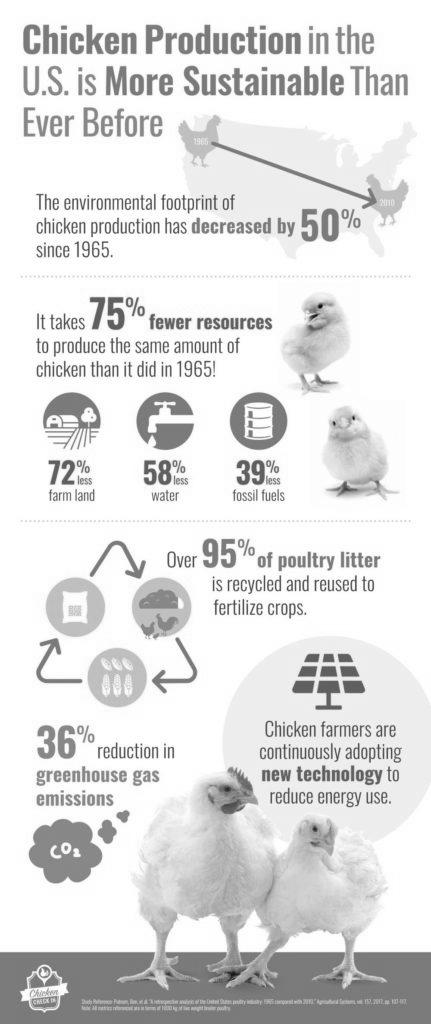
They burrow beneath fences
Skunks and other animals are fond of living underneath coops and outbuildings. To protect your chickens, reinforce the bottom of the coop and place hardware cloth around the perimeter. You should also avoid leaving unattended food and trash outside the coop. In addition to these precautions, limit the amount of time your chickens are allowed to freely roam. Most predators stay out of chicken coops in bear country.
Rodents are another threat to poultry. Opossums are adept climbers and can fit through wire mesh. They will hurt chickens and eggs by eating their legs and crop contents. They will also scratch and pull apart bird parts. Roosters are the most vulnerable species. If a flock is small, raccoons and opossums are likely to attack it. However, these animals don’t eat the whole bird and leave behind only their remains.
Rats and mice are two other common predators of chickens. Both species will kill your hens, and young chickens in particular. If you suspect a rat or mouse infestation, you can use chicken wire skirting or cover it with dirt. But this will only entice animals to dig underneath the fence. If you have persistent problems, consider getting a live trap. The most common live trap is a raccoon-sized trap. Your local Animal Control office may lend you one.
They eat chicken wire
While you may wonder why rats eat chicken wire, there are several reasons for this behavior. The University of California Statewide Integrated Pest Management Program recommends preventing rat entry through wire mesh sealing. Most common points of entry for rats are floor drains and fan openings. Rats have a unique ability to change shape to fit these openings, so keep these areas free of clutter by sealing these areas. Rats will avoid these barriers, as well as other potential entry points.
Traditional chicken wire is a common source of food for rats. Even if your chicken pen is fenced in with chicken wire, rats can still get in and gnaw on the wire. If you want to keep rats away from your chickens, consider installing 1/4-inch steel hardware cloth, which can be buried in the ground. Rats do not like chicken wire and will kill a baby chick or a grown bird. Plus, rats carry a number of diseases, including salmonella, hantavirus, hemorrhagic fever, and plague. You may also want to consider putting your chickens on a feeding schedule, which will keep them out of your yard.
They can bite through plastic
The jaws of rats are among the strongest of any rodent species. They can chew through almost anything, from plastic and wood to asbestos and cinder blocks. Despite their large jaws, some materials are too thick for them to chew through. Rats can chew through plastic, wood, and metals up to the thickness of plastic. If you have chickens, it is imperative to protect them from these animals.
The best way to protect your flock from rats is to store their food in steel garbage cans with tight lids. Rats can easily chew through plastic trash cans. If you store your pet food outside, you will have to deal with rats feeding on the garbage each night. Keep all your outdoor trash in metal or plastic containers, or in a shed or garage, and take out the trash on garbage day.
They are attracted to chicken coops
It is not unusual to see rats in and around chicken coops, especially if they are not well-maintained. In addition to the chickens, rats also feed on the water and food. Even one rat can produce over 2,000 offspring every year. Although rats are typically nighttime creatures, a single rat can lead to an entire infestation. Rats attack smaller birds in the evenings and steal their eggs. Fortunately, owls can help eliminate rats from a chicken coop.
The water in the chicken coop is one of the primary reasons why rats are attracted to chicken coops. Rats and mice love water and will find it in a chicken coop to drink. If you are having trouble reducing your risk of attracting rodents to your chicken coop, follow these tips to avoid attracting these pests. Taking steps to prevent rodents from entering the coop will save you time and money in the long run.
They are dangerous to chickens
Rats are dangerous to chickens for a variety of reasons. Not only can they carry diseases, but they can also destroy the quality of your chicken’s eggs and feed. Additionally, rats can cause damage to your chicken house. If you don’t remove the rats from your chicken house, they can chew through the chicken wire or hardware cloth, causing electrical fires. This is why removing them from your coop is vital.
When rats invade your coop, they will begin to peck your chicken’s eggs and baby chicks out of their nest. You may not even be aware that they will also gnaw on your chicken’s eggs. Aside from eating your chicken’s eggs, rats also gnaw on boards and fencing. As a result, your chicken’s food supply will become depleted more quickly. And, as a result, your chickens will not be able to produce as much as they need to survive.
The best way to prevent a rat infestation is to remove any unprotected areas in your chicken coop. Make sure to scatter scraps only between 10 am and 2 pm and to collect eggs before sunset. Rats love eggs and will even attack both adult and young hens. In addition to attacking the chick’s head and neck, rats can also kill an adult chicken. Therefore, it’s vital to collect the eggs and avoid letting them fall to the ground.

